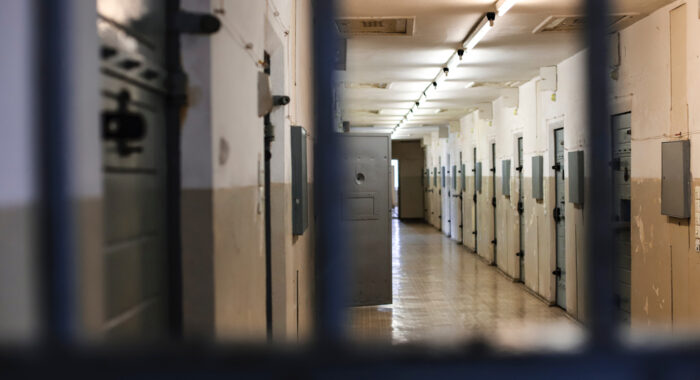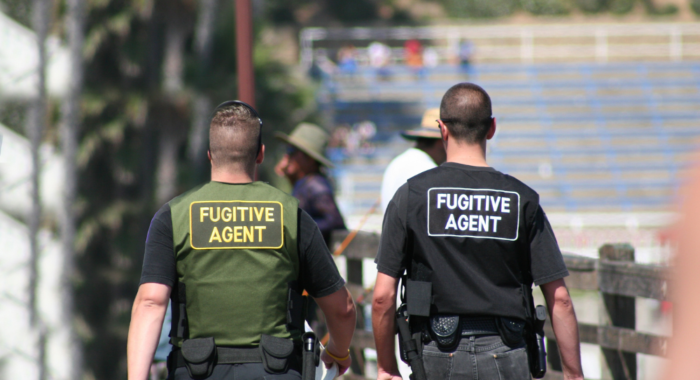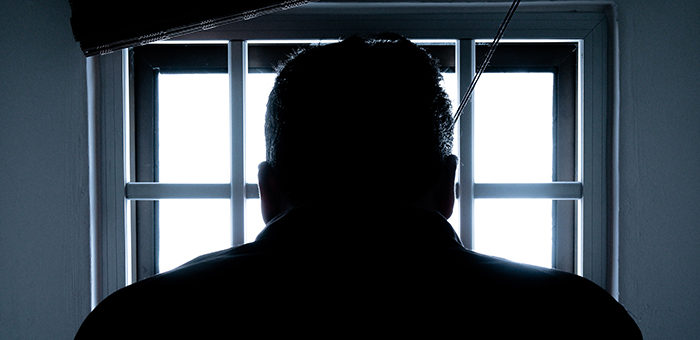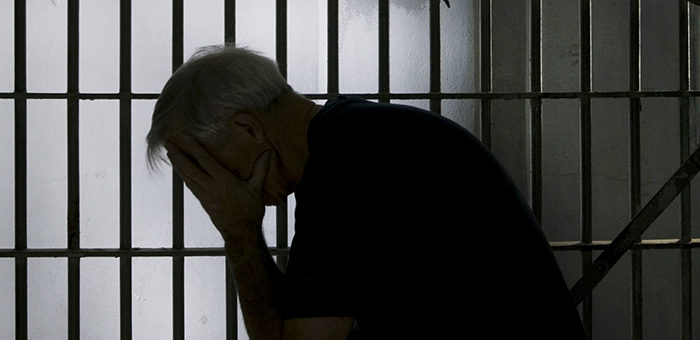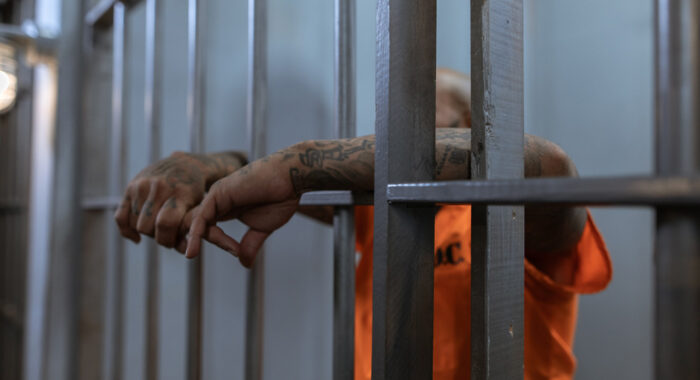
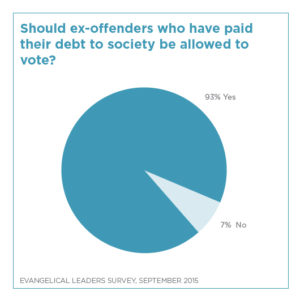
“Evangelicals believe in second chances. Actually we believe in third and fourth and seventy times seven chances,” said Leith Anderson, president of the National Association of Evangelicals (NAE). “Voting is an important piece of restoring ex-offenders so they may become productive members of our society.”
David Cyr, executive director of the NAE Chaplains Commission, said, “‘Paid their debt’ has the accompanying Christian overtone of being completely forgiven. If an ex-offender can’t vote, then he or she is never quite completely forgiven — forever a second-class citizen.”
Evangelicals have a long history of engagement in prison ministry. An NAE survey from June 2013 noted that 95 percent of evangelical leaders have visited a prison, with several being involved in regular ministry to prisoners. Many evangelicals have also extended their ministry to advocate for just prison reform.
Carl Nelson, president of Transform Minnesota, said, “Redemption is a core teaching of Christianity. That should be the goal of our justice system and the basis for how society treats those who exit it.”
Anderson said, “Evangelicals believe that Jesus Christ’s death on the cross removes the penalty of our sins. This understanding of forgiveness bolsters our commitment to carry out Jesus’ command to care for those in prison.”
The Evangelical Leaders Survey is a monthly poll of the Board of Directors of the National Association of Evangelicals. They include the CEOs of denominations and representatives of a broad array of evangelical organizations including missions, universities, publishers and churches.



 View All Surveys
View All Surveys 